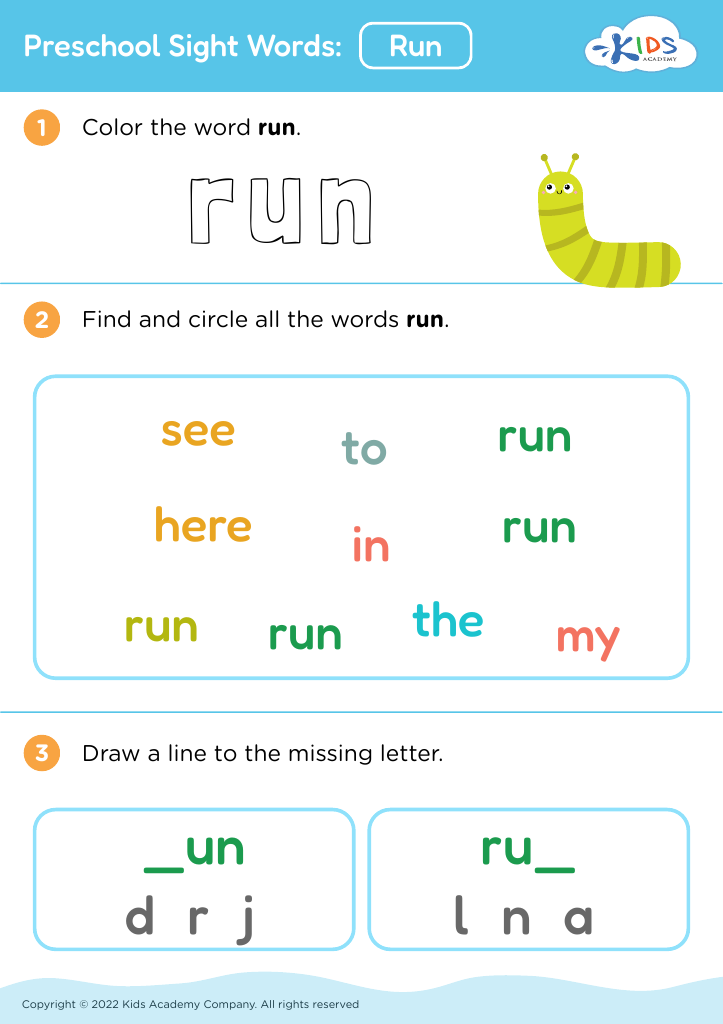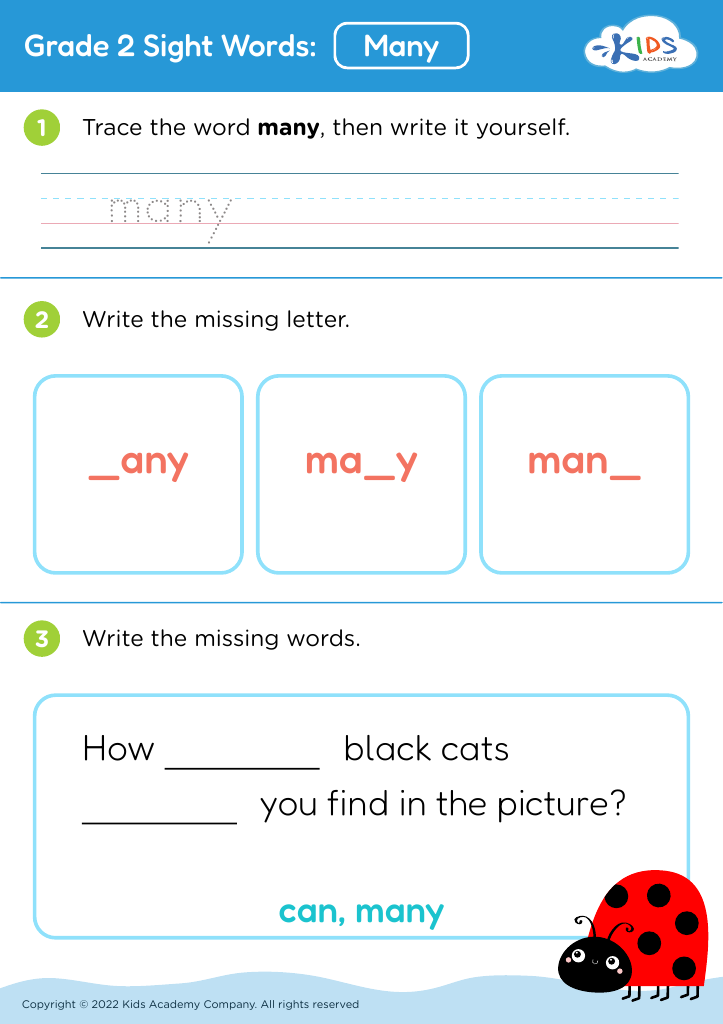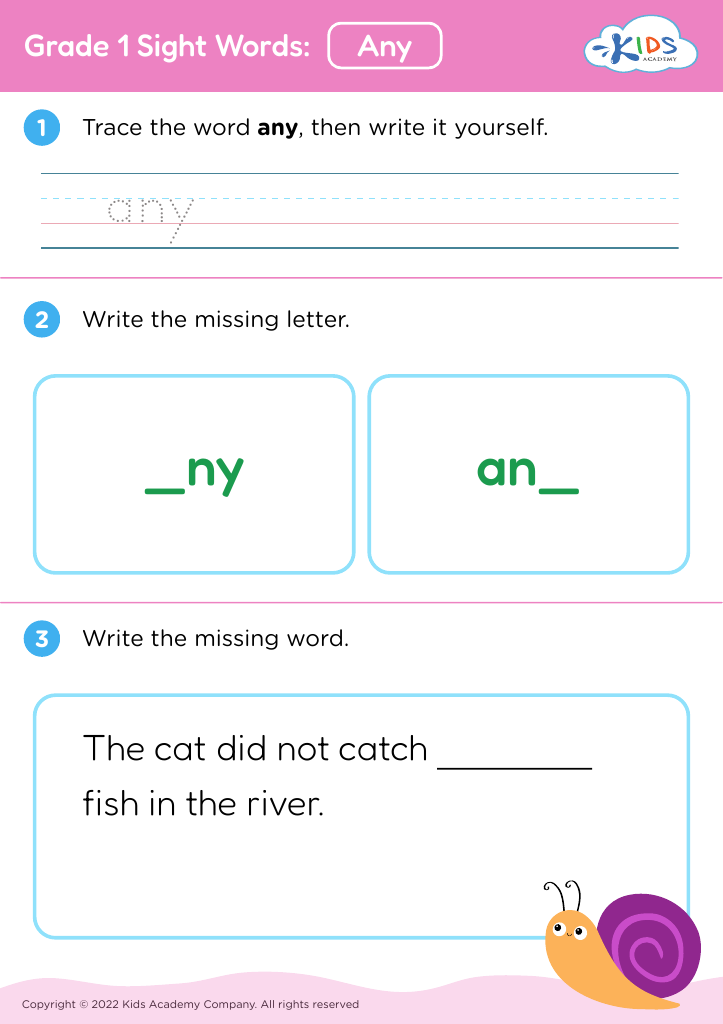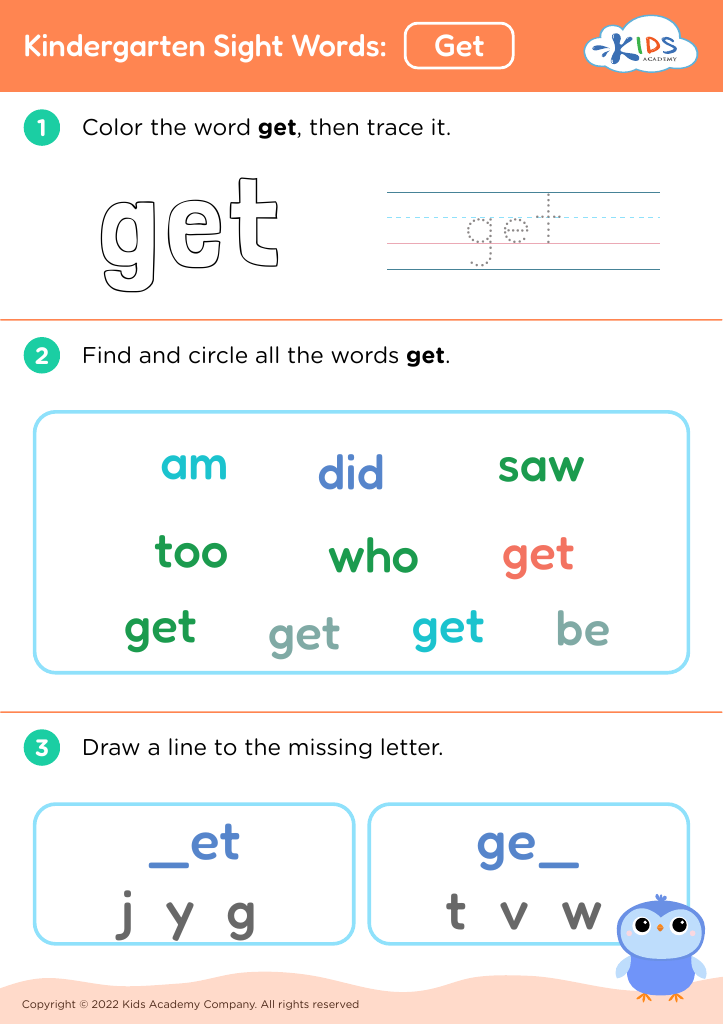Fraction simplification Building Vocabulary Worksheets for Ages 3-9
15 filtered results
-
From - To
Welcome to our engaging Fraction Simplification Building Vocabulary Worksheets designed specifically for children ages 3-9. These worksheets aim to enhance children's understanding of fractions while building essential vocabulary skills. Our user-friendly materials incorporate fun activities that make learning about fractions enjoyable and interactive. With a variety of exercises tailored for different age groups, kids will acquire foundational math concepts and improve their language skills simultaneously. These printable resources support early learners in mastering fraction simplification, fostering a love for math and learning. Explore our worksheets today to empower your child’s educational journey and make math a fun adventure!
Understanding fraction simplification is crucial for young learners, particularly those aged 3-9, as it lays the groundwork for their mathematical development. Parents and teachers should care about building vocabulary around fractions for several reasons.
First, early exposure to mathematical concepts enhances children’s confidence and competence in math. By learning vocabulary related to fractions, such as "numerator," "denominator," "simplify," and "equivalent," children become familiar with essential terms that will serve as building blocks for more complex mathematical concepts.
Second, enhancing vocabulary helps children communicate their thoughts and reasoning. When they learn to articulate their understanding of fractions, they gain skills that support collaboration with peers and discussions with teachers.
Third, mastering fraction simplification fosters critical thinking and problem-solving abilities. Simplifying fractions not only helps in mathematical operations but also cultivates logical reasoning that applies across subjects.
Lastly, instilling a solid foundation in early math vocabulary encourages a positive attitude toward learning. It engages children with challenging concepts in a manageable way, making math a fun and enjoyable subject rather than a daunting task. Nurturing these skills in the early years equips children to tackle more advanced mathematical concepts with confidence.
































.jpg)
















